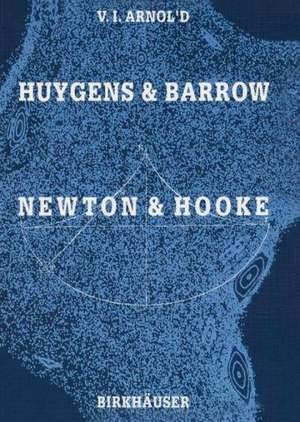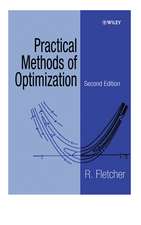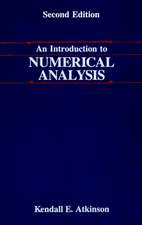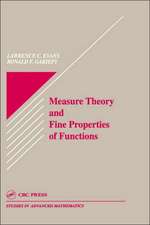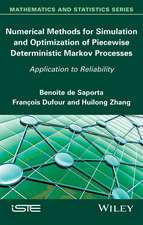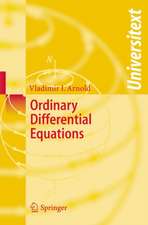Huygens and Barrow, Newton and Hooke: Pioneers in mathematical analysis and catastrophe theory from evolvents to quasicrystals
Autor Vladimir I. Arnolden Limba Engleză Paperback – iul 1990
"Remarkable little book." -SIAM REVIEW
V.I. Arnold, who is renowned for his lively style, retraces the beginnings of mathematical analysis and theoretical physics in the works (and the intrigues!) of the great scientists of the 17th century.
Some of Huygens' and Newton's ideas. several centuries ahead of their time, were developed only recently. The author follows the link between their inception and the breakthroughs in contemporary mathematics and physics.
The book provides present-day generalizations of Newton's theorems on the elliptical shape of orbits and on the transcendence of abelian integrals; it offers a brief review of the theory of regular and chaotic movement in celestial mechanics, including the problem of ports in the distribution of smaller planets and a discussion of the structure of planetary rings.
Preț: 575.93 lei
Preț vechi: 677.55 lei
-15% Nou
Puncte Express: 864
Preț estimativ în valută:
110.20€ • 115.37$ • 91.19£
110.20€ • 115.37$ • 91.19£
Carte tipărită la comandă
Livrare economică 05-19 aprilie
Preluare comenzi: 021 569.72.76
Specificații
ISBN-13: 9783764323837
ISBN-10: 3764323833
Pagini: 128
Ilustrații: 118 p. 1 illus.
Dimensiuni: 148 x 210 x 7 mm
Greutate: 0.2 kg
Editura: Birkhäuser Basel
Colecția Birkhäuser
Locul publicării:Basel, Switzerland
ISBN-10: 3764323833
Pagini: 128
Ilustrații: 118 p. 1 illus.
Dimensiuni: 148 x 210 x 7 mm
Greutate: 0.2 kg
Editura: Birkhäuser Basel
Colecția Birkhäuser
Locul publicării:Basel, Switzerland
Public țintă
ResearchCuprins
Huygens and Barrow, Newton and Hooke.- 1. The law of universal gravitation.- § 1. Newton and Hooke.- § 2. The problem of falling bodies.- § 3. The inverse square law.- § 4. The Principia.- § 5. Attraction of spheres.- § 6. Did Newton prove that orbits are elliptic?.- 2. Mathematical analysis.- § 7. Analysis by means of power series.- § 8. The Newton polygon.- § 9. Barrow.- §10. Taylor series.- §11. Leibniz.- §12. Discussion on the invention of analysis.- 3. From evolvents to quasicrystals.- §13. The evolvents of Huygens.- §14. The wave fronts of Huygens.- §15. Evolvents and the icosahedron.- §16. The icosahedron and quasicrystals.- 4. Celestial mechanics.- §17. Newton after the Principia.- §18. The natural philosophy of Newton.- §19. The triumphs of celestial mechanics.- §20. Laplace’s theorem on stability.- §21. Will the Moon fall to Earth?.- §22. The three body problem.- §23. The Titius-Bode law and the minor planets.- §24. Gaps and resonances.- 5. Kepler’s second law and the topology of Abelian integrals.- §25. Newton’s theorem on the transcendence of integrals.- §26. Local and global algebraicity.- §27. Newton’s theorem on local non-algebraicity.- §28. Analyticity of smooth algebraic curves.- §29. Algebraicity of locally algebraically integrable ovals.- §30. Algebraically non-integrable curves with singularities.- §31. Newton’s proof and modern mathematics.- Appendix 1. Proof that orbits are elliptic.- Appendix 2. Lemma XXVIII of Newton’s Principia.- Notes.
